 Zvika Nathan in “The Electrifiers”
Zvika Nathan in “The Electrifiers”
With theaters closed because of the COVID-19 pandemic, movie releases largely have gone virtual, allowing fans to screen the latest films at home. This year’s Israel Film Center Festival also has moved online, with a diverse lineup of seven Israeli films screening from June 7 —14, each with a Q&A discussion via Zoom, featuring filmmakers and casts.

Presented by the Marlene Meyerson JCC Manhattan, the lineup kicks off with the comedy “Peaches and Cream,” about a neurotic film director freaking out at the realization that his latest film is a flop. Starring and directed by Gur Bentwich, the film takes place in a single night as the unraveling auteur deals with frustration, failure, flaky friends and a life-threatening heart attack. The film received 10 Ophir Award nominations and won three last year. It’s available to screen beginning at 5:30 p.m. PDT June 6 for 24 hours, and the live Q&A will take place at 1 p.m. PDT June 7.
“Mossad!” is a more raucous comedy, a spy movie spoof that pits the titular Israeli agency against the CIA on a mission to rescue a kidnaped American tech billionaire and save the world from terrorists. Directed by Alon Gur Arye, with input from consultant David Zucker (“Airplane!” “The Naked Gun”), the film broke box office records to become Israel’s number-one comedy last summer. It stars Tsahi Halevi as the Mossad agent and Efrat Dor as his CIA rival. The Q&A will take place at 2 p.m. PDT June 8.
Also in the comedy category, Boaz Armoni’s “The Electrifiers” is a charmingly funny film about middle-aged former rock stars who are still chasing the dream three decades after their one-hit wonder. Now, they’re playing two-bit hotels and nursing homes while working dead-end jobs, except for lead singer Mickey, who lives in a van but clings to hope that the big break is right around the corner. Zvika Nathan, who wrote the screenplay, is terrific in the role. The Q&A will begin at 2 p.m. PDT June 9.
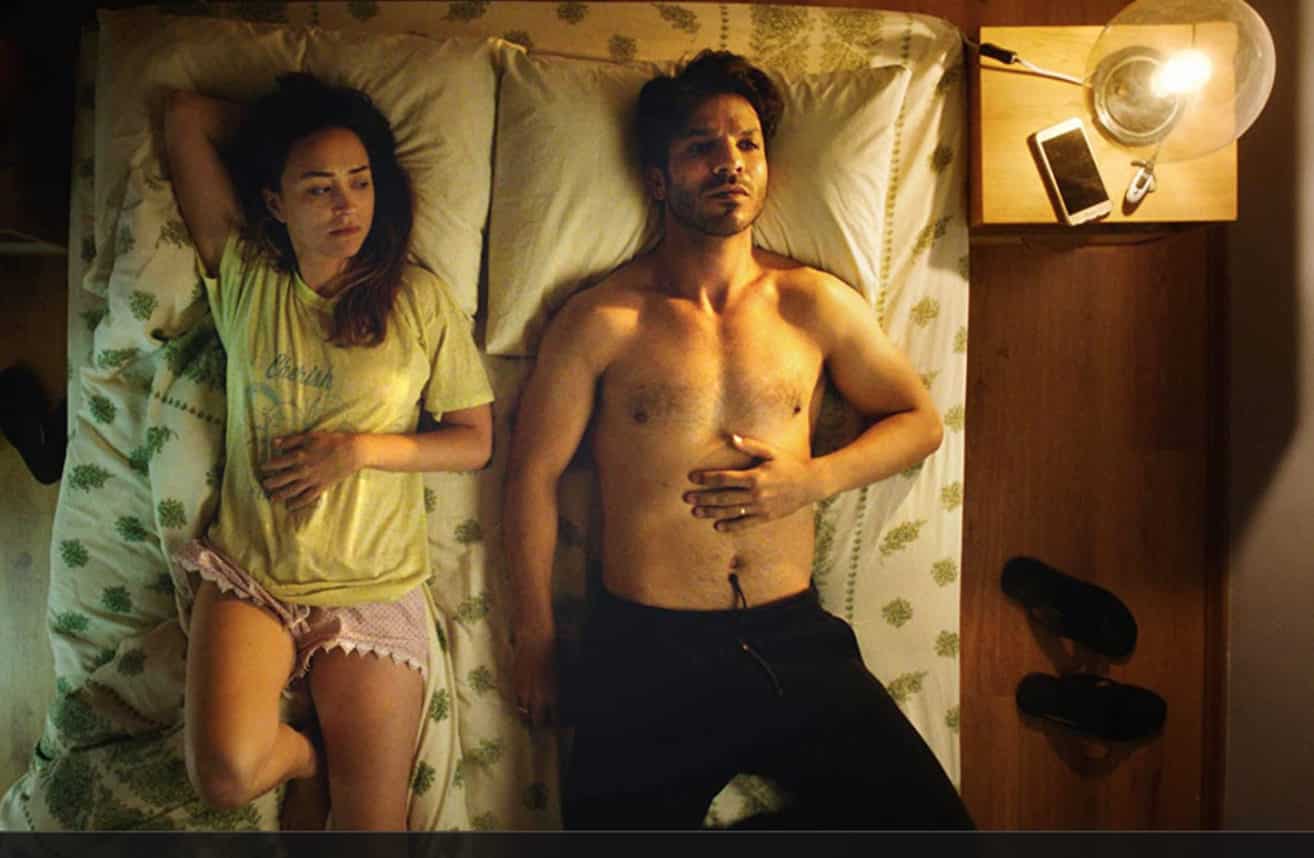
“The Art of Waiting” is a dramedy about a young couple’s struggle with infertility and the toll it takes on their marriage. Nominated for four Ophir Awards, including one for director Erez Tadmor, it tackles a topic people don’t talk about in Israel. Tadmor’s inspiration for the film was his own family’s journey: His wife underwent in vitro fertilization for six years to have their two children. “In Israel, you’re required to do three things: go to the army, get married and have kids. And if you have a problem having kids, you feel like there’s something wrong with you, like you’ve done something wrong,” he told JPost.com. “There are definitely feelings of shame. You keep it all inside, and you don’t really deal with it.” The film, which contains nudity and sexual activity, will have its Q&A at 2 p.m. PDT June 10.
From director Yaron Shani, double Ophir Award winner “Chained” is a dark, disturbing drama about an abrasive, aggressive cop who goes too far. A hardliner at home and on the job, Rashi (Eran Naim) sees his life spiral out of control after he strip searches some teenagers congregating in a park. One of them has a father in the intelligence service, leading to his suspension and both his professional and personal downfall. Shani and Naim won Ophir Awards for the 2019 film, which is difficult to watch — but is eerily relevant in light of recent events involving police. The Q&A will take place at 2 p.m. PDT June 11.
In “There Are No Lions in Tel Aviv,” documentary filmmaker Duki Dror uses archival photos, footage and whimsical illustrations to tell the origin story of the Tel Aviv Zoo. Its founder, Max Schornstein, emigrated to Israel from Copenhagen in 1935 and became known as Rabbi Doolittle for introducing his fellow pioneers to the wonders of the animal kingdom. Opening in 1938, the zoo was a popular attraction until 1980, when growth led to protests and eventually, its closure (the animals were moved to a new zoo in Ramat Gan). Log on for the Q&A at 1 p.m. PDT June 12.
The story of the founding family known as the Israeli Kennedys is told in four episodes in Anat Goren’s miniseries “Dayan: The First Family,” which examines five generations in the dynasty that made an indelible mark on Israeli history. Personal insights and revelations abound, such as this surprising comment: “Moshe Dayan was radioactive,” says his grandson Sa’ar as he tries to explain how throughout Dayan’s life and decades after his death, his family still struggles with the large shadow cast by the war hero and defense minister. The Q&A will take place at 1:30 p.m. PDT June 14.
The Israel Film Center Festival takes place online June 7-14. Tickets for each title and Q&A are $8. Visit the website to purchase and for additional information.







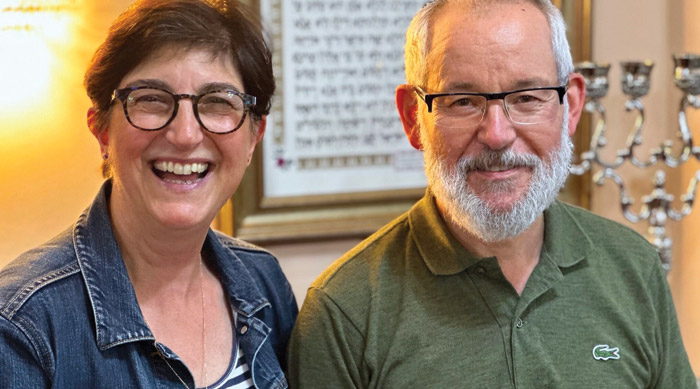


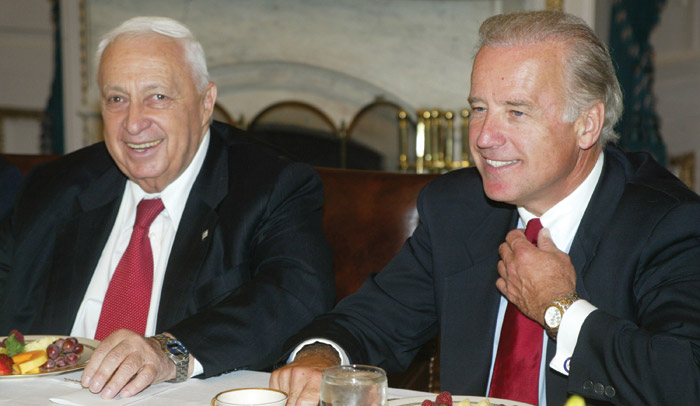
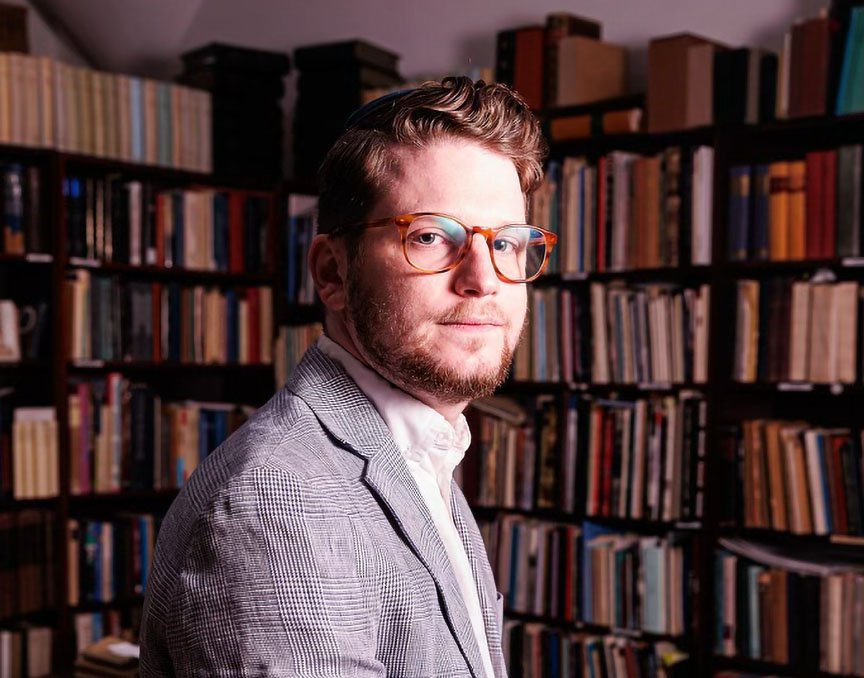



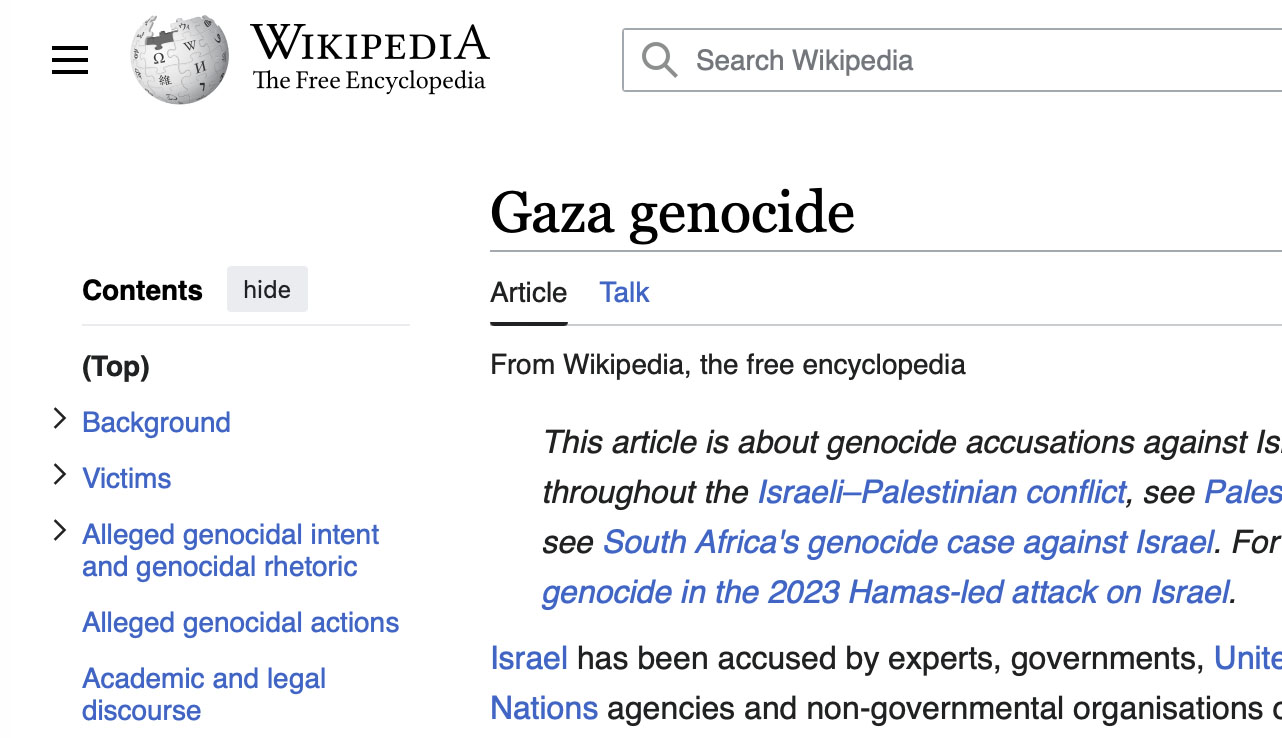



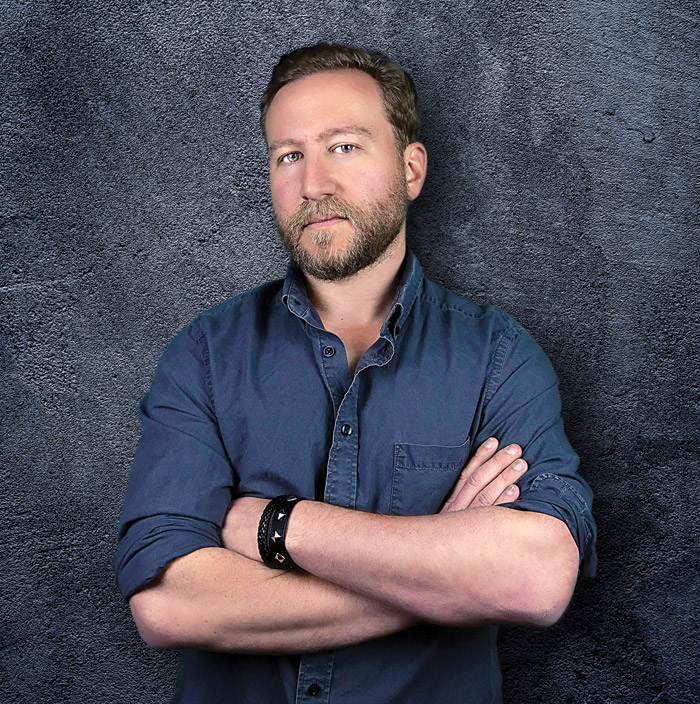

 More news and opinions than at a Shabbat dinner, right in your inbox.
More news and opinions than at a Shabbat dinner, right in your inbox.